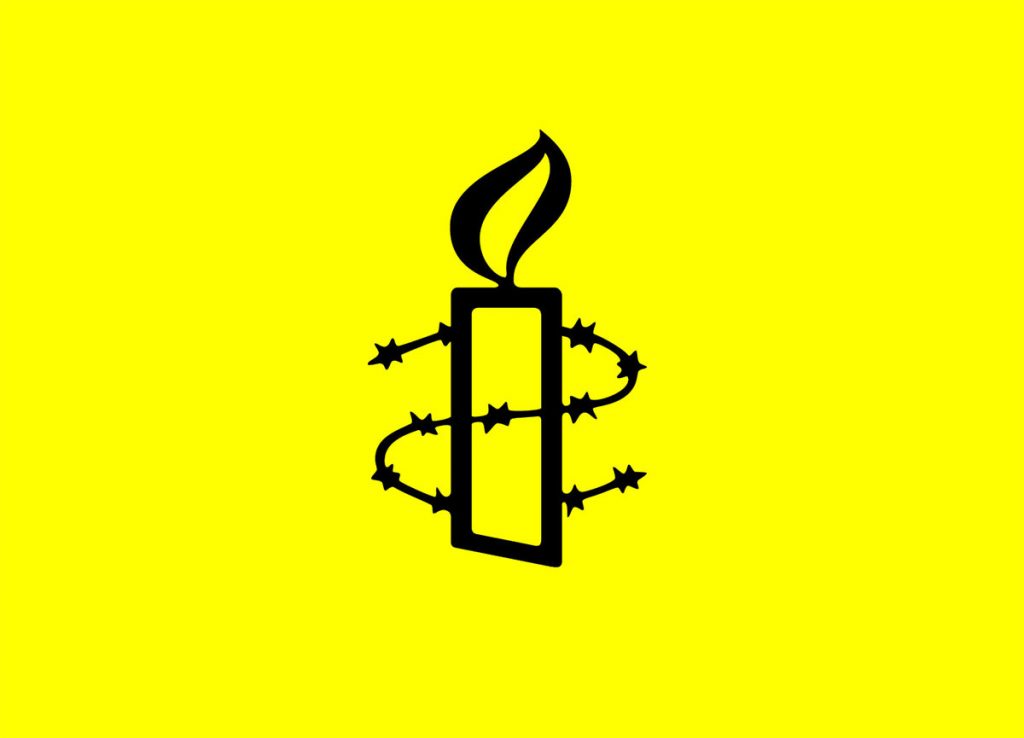Key recommendations: 20th session of the Assembly of States Parties to the Rome Statute (6-11 December 2021)
See also our ASP 20 Public Statement ‘States must consider the impact of their current decisions on the future of the International Criminal Court‘
Amnesty International’s key recommendations for the 20th session of the Assembly of States Parties to the Rome Statute focus on the plenary debates and key topics on the Assembly’s agenda.
In 2021, Amnesty International provides its observations and recommendations on a number of issues, including the Assembly’s General Debate, the ‘Independent Expert Review of the ICC’, the Court’s 2022 budget, and strengthening cooperation.
We urge states to reflect the recommendations in their interventions and participation at the Assembly.
In particular, states parties should:
- Affirm their commitment to international justice, emphasizing the need to support the ICC in its work – including investigations opened in 2021 into situations in Palestine, The Philippines, and Venezuela;
- Fully respect and safeguard the independence of the Court and protect the integrity of the Rome Statute;
- Recall the high demands on the ICC to deliver justice to victims in situations around the world and call for the Court to be provided with the support, cooperation and funding it requires, recognising the incoherence of a ‘zero-growth’ budget approach with the growth of the OTP’s and Court’s workload;
- Call on states parties who have actively and shamefully opposed the Prosecutor’s investigation in the Palestine situation to reconsider their positions, and remind all states parties that – regardless of whether they agree with the ICC’s decision on its jurisdiction – all states parties are obligated to comply with their Rome Statute obligations;
- Recognize that the severest impacts of the Court’s underfunding are felt – not in The Hague – but in situation countries, where the Court’s ability to fulfil its mandate to carry out investigations; to provide meaningful access to justice for victims or; to provide effective outreach to affected communities has been acutely damaged;
- Recognise that the ICC is a keystone of a broader Rome Statute system of international justice, in which states parties must step-up to ensure investigations of all parties and persons suspected of committing crimes under international law, including those traditionally seen as allies;
- Recognise that efforts towards strengthening complementarity can only work if states are genuinely willing and able to investigate Rome Statute crimes and that such efforts must not lead to certain crimes or nationals being able to avoid investigation or prosecution at the international or national level;
- Recognise that the International Criminal Court and its states parties must be judged on how they ensure the highest standards of human rights compliance at the ICC, particularly in relation to fair trial rights of accused and acquitted persons;
- Call on all permanent members of the United Nations Security Council to refrain from using their veto power to block referrals to the ICC Prosecutor;
- Strongly condemn threats that have been made against civil society and human rights defenders for their engagement with the Court, both generally and in the context of the Assembly of States Parties, recalling that civil society and human rights defenders play a crucial role in the Rome Statute system.

